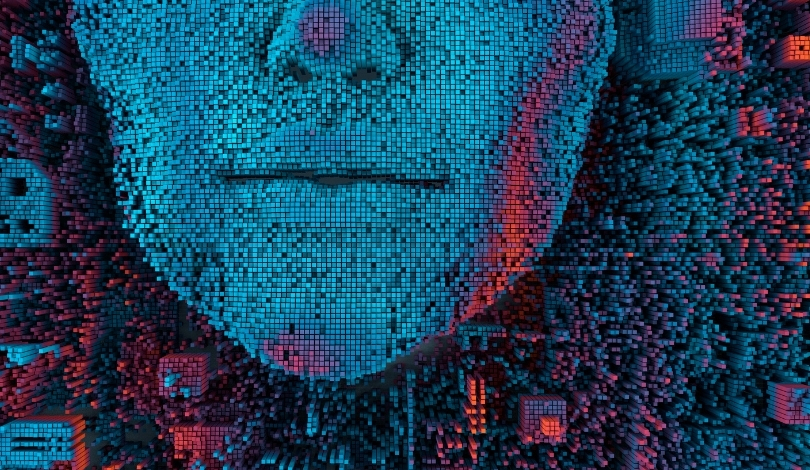Pressure on mental health services has driven many to seek comfort in AI chatbots, such as ChatGPT, Claude, and Gemini, particularly during lonely or anxious moments. While these tools do not replace human connection, they provide easily accessible support for individuals waiting for professional help or unable to access it due to shortages. Users report that the constant availability and polite, nonjudgmental responses from AI chatbots can ease feelings of isolation, highlighting the evolving landscape of digital mental health support. Concerns around privacy, depth of interaction, and the actual helpfulness of AI remain, reflecting the complex relationship between users and these new digital companions.
Earlier articles primarily focused on the rapid adoption of AI therapy apps and their potential to fill gaps in mental health care, but often overlooked persistent concerns about data privacy and the actual effectiveness of such tools. Initial enthusiasm surrounded the emotional tone and empathy displayed by AI, with some reports emphasizing their accessibility and scalability. However, more recent discussions stress AI’s inability to replicate human empathy and its constraints in managing serious or crisis cases, particularly when compared to recent studies demonstrating inconsistent responses from chatbots regarding safety-sensitive topics.
Why Are People Turning to AI Chatbots for Mental Health?
A growing shortage of mental health professionals and extensive waiting lists in countries like the UK and US have contributed to increased reliance on digital resources. According to recent statistics, over 1.7 million people remain on the NHS mental health care waiting list, with significant portions of the US population living in areas lacking qualified practitioners. This gap has drawn users toward AI-powered chatbots, which are available at any hour and do not display judgment or impatience. OpenAI reported in September that 70 percent of ChatGPT’s consumer usage is for personal or decision-support purposes.
Can AI Simulate Empathy or Therapy Effectively?
AI systems like ChatGPT can emulate certain aspects of empathy, often referenced as “cognitive empathy.” Users sometimes perceive these chatbots as ‘understanding’ their concerns. However, the technology relies on probability-based language generation, often resulting in superficial or repetitive responses. While some updates, such as the GPT-4o version, made these interactions feel particularly supportive, OpenAI acknowledged user concerns about “sycophantic” AI behaviors and reverted changes. As OpenAI stated,
“We are working to ensure ChatGPT provides supportive, but not misleading, responses to sensitive topics.”
What Limitations and Risks Do AI Therapy Tools Have?
Despite their popularity, AI chatbots have significant constraints in managing complex mental health situations. Unlike accredited therapists, these systems do not guarantee confidentiality or follow established escalation protocols. Studies have shown failures in properly addressing suicidal ideation and inconsistent responses regarding risk, resulting in safety concerns. Although OpenAI has added guardrails to prompt breaks and avoid direct advice about personal issues, and promises further protective measures, the technology is not suitable for those in crisis. OpenAI emphasized,
“We want users to understand that AI support is not a replacement for human care, especially in emergencies.”
AI shows promise as an assistant to mental health professionals, handling administrative tasks and enabling practitioners to focus more on patients. Brands like CETfreedom develop AI tools to help users reflect between sessions, providing value in pattern recognition and self-reflection. Some users have identified critical behavioral patterns with AI tools in less time than during traditional therapy. Nevertheless, experts agree that, in crisis scenarios or for deeper psychological needs, collaboration with trained human professionals remains indispensable.
AI-driven mental health tools will likely function best as supplements—helping users process emotions between professional sessions, offering decision support, and allowing therapists to dedicate more time to serious cases by automating routine tasks. While chatbots can help address immediate feelings of loneliness or organize thoughts, they should not be seen as replacements for expert counseling or therapy, especially for severe mental health concerns. Maintaining awareness of data security, AI limitations, and seeking human support when needed is essential for anyone utilizing these tools. Informed and strategic use of AI can contribute to improved mental health systems by addressing minor issues and logistical bottlenecks, potentially enhancing—but never fully supplanting—the human aspect of care.










